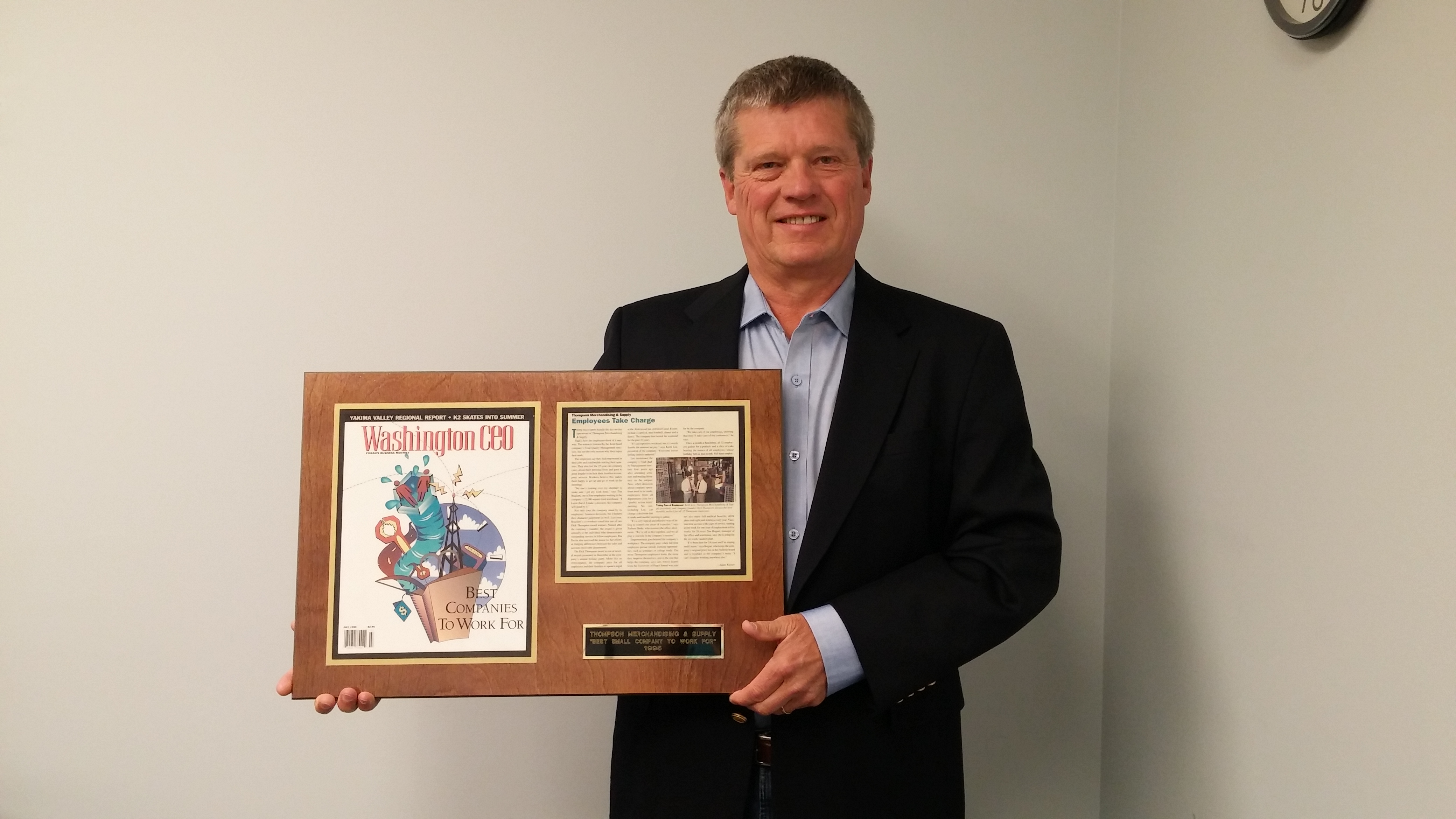One of the reasons I love private consulting is, the teacher often learns more than the student. The more I coach business owners the more I’m convinced, the teacher learns more than the student.
I was consulting with client the other day when he said, “I think everyone wants to feel important and appreciated.” I told him, slow down I need to write that down.
He went on to point out that one of the reasons he’s excite to start conducting Personal Development Interviews (PDIs) is they will give him a specific time to show each team member they are important and appreciate.
For the person being interviewed, I say PDIs are their opportunity to brag about what they’ve accomplish. I’ll now be adding. It’s their time to feel important and appreciated.
What are you doing to develop each team member so they have something to feel important and appreciated about? What are you doing to make sure everyone on your team feels important and appreciated? Discover how to make your staff feel important and appreciated. Go to:
https://www.performancereviewssuck.com/ right now and get my book, Performance Reviews Suck. It’s free. I just ask they you pay $2.97 to help with shipping and handling.
I was so impressed with Dave’s words that I posted a video on YouTube about it. Dave added this in the comments section below my video on YouTube.
“The hidden truth (or maybe not so hidden truth) behind this video is that when you learn to make team members in your organization FEEL important and appreciated, the law of reciprocity kicks in, and your team works much harder, and more autonomously, because they FEEL invested in. When they work harder, they are empowered, and the business owner has more freedom to enjoy the rewards of business ownership.”
Here is an explanation of The Law of Reciprocity from BrianTracy.com
“Have you ever felt the need to help someone who has helped you in the past? This is known as The Law of Reciprocity. It is one of the many different persuasion techniques that you can use to influence others.
Law Of Reciprocity
Persuasion by reciprocation is based on the law of reciprocity. It’s considered by many to be the most powerful law of human nature. Basically, it states that,
“If you do something nice for me I’ll do something nice for you. I feel obligated to reciprocate.”
For example, if we go out to lunch and I pick up the bill, you almost always offer to pay for it next time. Next time we go out to lunch, you insist on paying for the bill.”
How are you using The Law of Reciprocity with your staff?
What are you doing, other than giving them a pay check, to have your staff feel the need to help you and your business?
Do you understand that they don’t see you giving them a pay check, or benefits, or any of the other “stuff” they have coming to them as feeling an obligation reciprocate?
Your Personal Development Interview is your opportunity to show each team member they are important and appreciated and your opportunity to initiate one of the most powerful laws of human nature with your staff – The Law of Reciprocity.
Go to https://www.performancereviewssuck. com/ and get your free book now.


